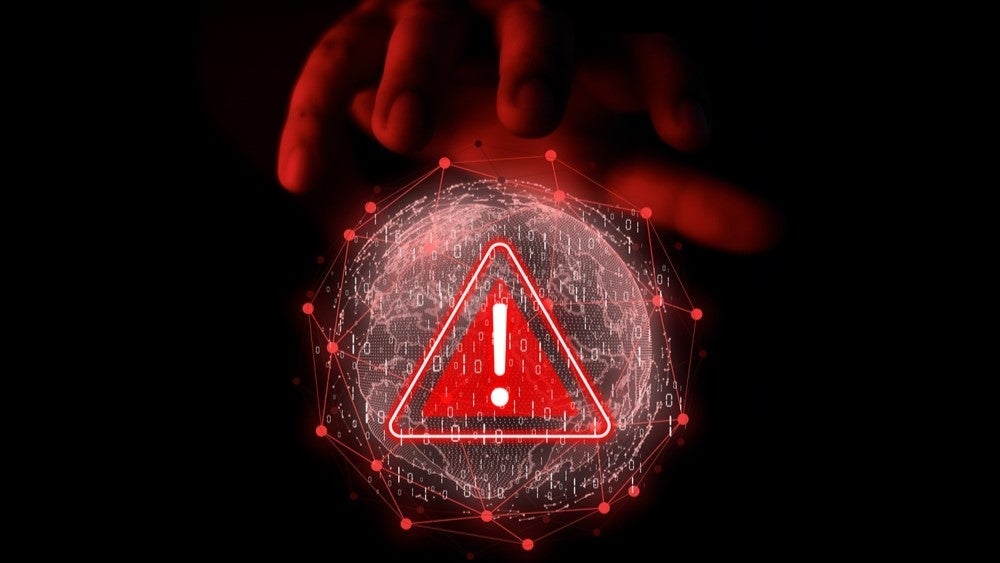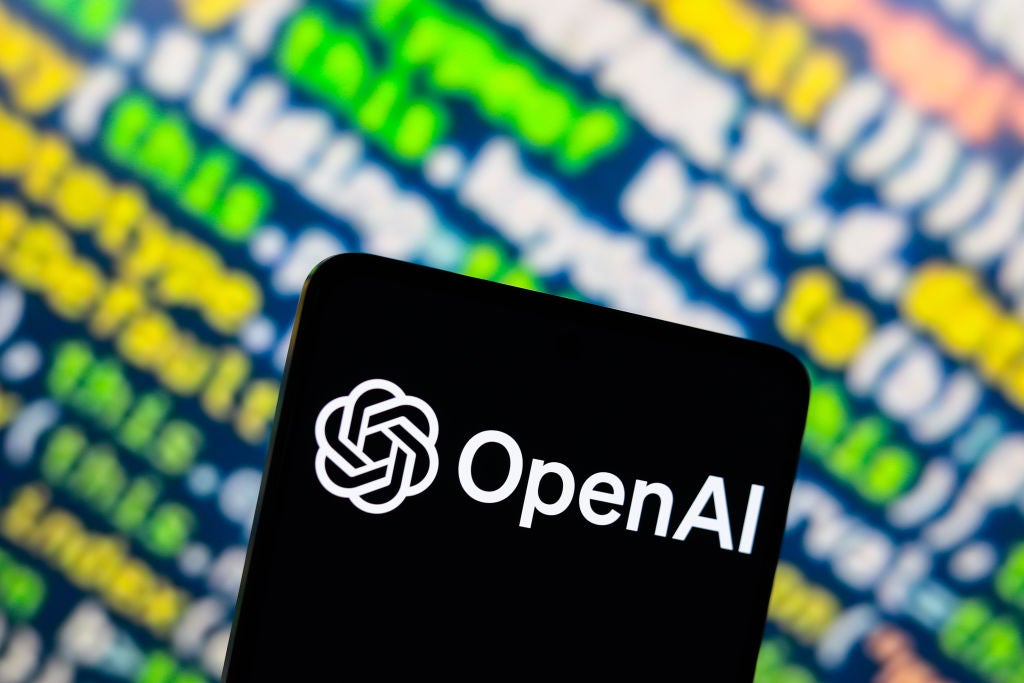Technology is everywhere around us and we trust it more than ever in our daily lives: from getting a precise route to your destination to checking your bank account.
Some 20 years ago, the thought of putting your bank details into a computer would have terrified people, now it is the norm. Through gradual normalization, it seems natural to presume then that as our usage of tech increases, we will trust it even more.
Technology: to trust or not to trust
As humans, however, we are not primed to evaluate the trustworthiness of technology but rather of other members of our species. ITV’s recent drama Mr Bates vs The Post Office brought to the forefront of British people’s minds how Fujitsu’s flawed Horizon computer system led to people being wrongly convicted of theft and false accounting. From 2000 to 2014, more than 700 individuals were prosecuted by the Post Office. The drama is a harrowing tale that highlights one of Britain’s greatest miscarriages of justice. One of the causes for this was the over-trust in the courthouse towards a piece of computer software.
Horizon’s problems, which could have been routinely spotted and fixed, seem to have been purposefully ignored. The CEO of the Post Office at the time claimed she was repeatedly told by Fujitsu that Horizon was robust. However, the management’s responsibility should have been to perform checks.
Are we truly over-trusting technology, or do we simply choose to turn a blind eye to the risks for the sake of convenience?
Turning a blind eye or having no other choice?
People are uncomfortable with the amount of data Google has on them, yet they still use Google sites daily.
How well do you really know your competitors?
Access the most comprehensive Company Profiles on the market, powered by GlobalData. Save hours of research. Gain competitive edge.

Thank you!
Your download email will arrive shortly
Not ready to buy yet? Download a free sample
We are confident about the unique quality of our Company Profiles. However, we want you to make the most beneficial decision for your business, so we offer a free sample that you can download by submitting the below form
By GlobalDataEqually, a GlobalData sentiment poll from June 2023 revealed that 58% of respondents felt that generative AI applications will cause an increase in cyberattacks. Another GlobalData sentiment poll from Q3 2023 showed that over 70% of participants felt that artificial intelligence (AI) will disrupt their industry.
It seems that the amount we use and foresee using technology does not correlate with how much we trust it. So, do we have a choice in whether to turn a blind eye? As the world becomes more reliant on technology, the more we are forced to use it, whether we trust it or not.
A Deloitte survey in 2019 found that 90% of adults in the UK have a smartphone. You have no choice but to have a smartphone if, for example, you have a gig economy job, want to scan a QR code to look at a menu, or want to connect and feel included in social group chats. There is a plethora of reasons why in our day and age being connected is expected.
Regulation is key to tech implementation and trust
GlobalData’s Tech, Media, and Telecom (TMT) Predictions in 2024 forecast that the generative AI market will be worth $323bn by 2027 and that AI-led business models will transform the way companies operate.
However, the sustained acceptance and adoption of AI in society are founded on trust. Generative AI use cases face an uphill battle to gain the public’s trust.
Governance around AI is key. Indeed, GlobalData predicts that regulation will drive new trends, such as constitutional AI in 2024. Developing transparent and rule-abiding AI will be critical, particularly in high-risk sectors such as healthcare, finance, and government, where AI can influence life-changing decisions.









Related Company Profiles
ITV plc
Fujitsu Ltd
Post Office Ltd
Google LLC
Deloitte Touche Tohmatsu Ltd